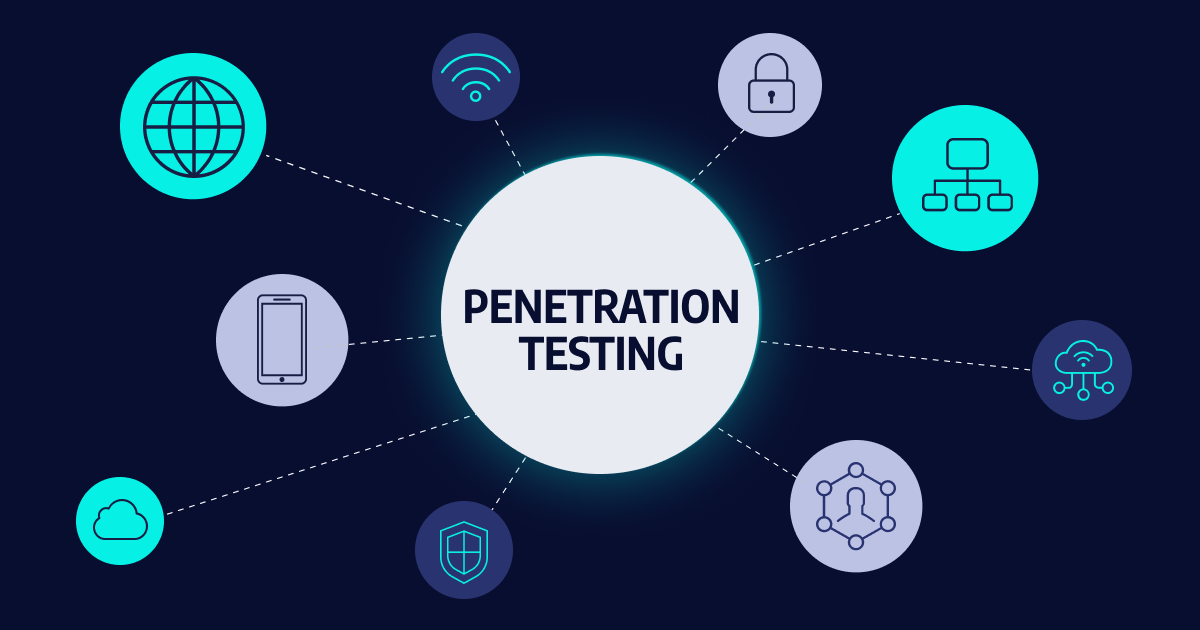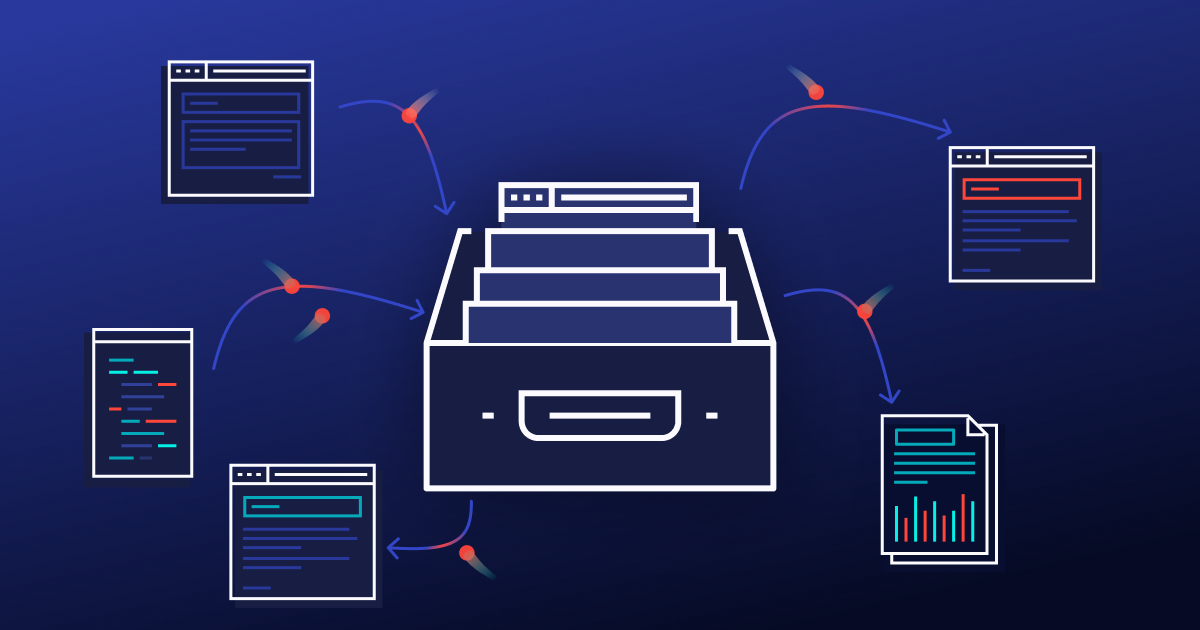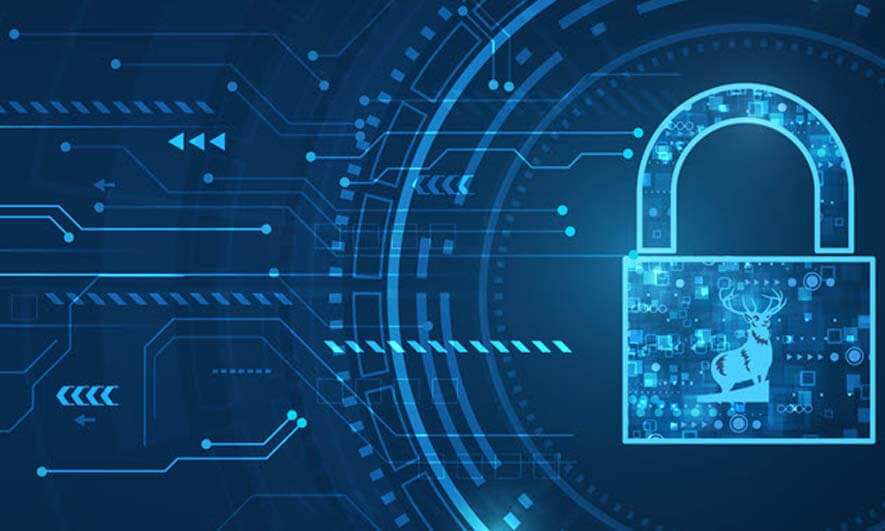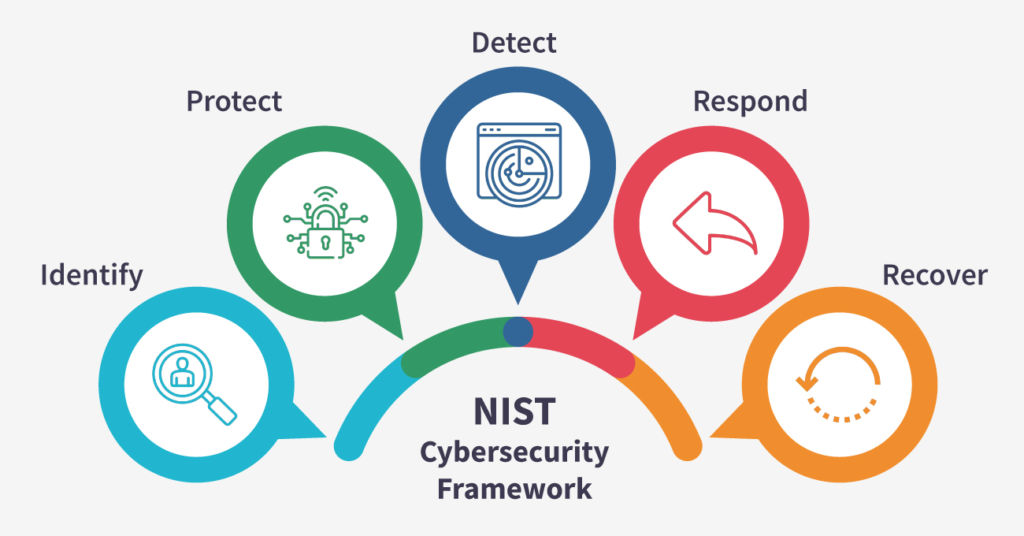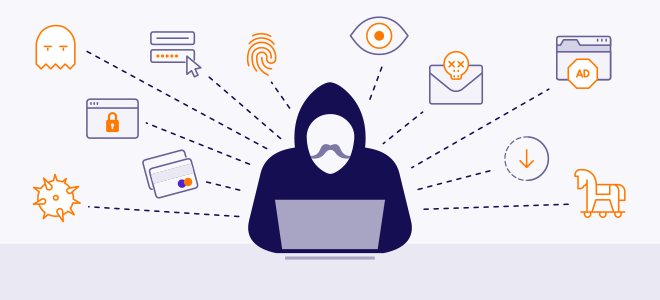
Cybercrime is a growing threat to individuals and businesses alike. It takes many forms, including hacking, phishing, and identity theft. With the increase in remote work and reliance on technology, cybercriminals have more opportunities to target their victims.
Understanding the psychology of cybercriminals can help individuals and businesses protect themselves from these threats. In this blog, we explore the psychology of cybercriminals and provide tips on how to outsmart them.
The Psychology of Cyber Criminals
Cybercriminals are often motivated by financial gain or political objectives. They are skilled at exploiting vulnerabilities in computer systems and networks to gain access to sensitive information. They may use social engineering tactics, such as phishing emails, to trick people into giving them access to their accounts. Understanding the psychology of cybercriminals can help individuals and businesses protect themselves from these tactics.
One of the key psychological factors that motivates cybercriminals is the desire for instant gratification. Cybercrime offers the promise of quick and easy financial gain without the need for hard work or effort. Cybercriminals are also often driven by a sense of power and control. By gaining access to sensitive information, they can manipulate and control their victims.
Another important psychological factor that motivates cybercriminals is anonymity. The internet provides a level of anonymity that allows cybercriminals to operate without fear of being caught. This anonymity also makes it easier for cybercriminals to dissociate themselves from the harm they are causing to their victims.
Finally, cybercriminals often have a distorted sense of morality. They may justify their actions as a form of revenge or a means to an end. They may believe that their victims deserve to be targeted or that their actions are justified by the perceived injustice they have experienced.
Tips on How to Outsmart Cybercriminals
Understanding the psychology of cybercriminals is just one part of protecting yourself from cybercrime. Here are some tips on how to outsmart cybercriminals and protect yourself from their tactics:
Keep your software up-to-date:
Cybercriminals often exploit vulnerabilities in outdated software to gain access to computer systems and networks. Keep your software up-to-date to reduce the risk of a cyber attack.
Use strong passwords:
Use strong passwords that are difficult to guess. Avoid using the same password for multiple accounts, as this makes it easier for cybercriminals to gain access to all of your accounts.
Be wary of phishing emails:
Phishing emails are a common tactic used by cybercriminals to gain access to sensitive information. Be wary of emails that ask you to click on a link or provide personal information.
Use two-factor authentication:
Two-factor authentication adds an extra layer of security to your accounts. It requires you to enter a code sent to your phone or email in addition to your password.
Be cautious of public Wi-Fi:
Public Wi-Fi networks are often unsecured, making it easier for cybercriminals to intercept your data. Avoid using public Wi-Fi networks for sensitive activities, such as online banking or shopping.
Use a VPN:
A virtual private network (VPN) encrypts your internet connection, making it more difficult for cybercriminals to intercept your data. Use a VPN when accessing sensitive information or using public Wi-Fi networks.
Backup your data:
Backing up your data is an important step in protecting yourself from cybercrime. Cybercriminals may use a variety of tactics, such as ransomware or data breaches, to access and steal your data. If you have a backup of your data, you can recover it in the event of a cyber attack, reducing the impact of the attack on your life or business.
Use anti-virus software:
Anti-virus software can help detect and prevent cyber attacks. Use reputable anti-virus software and keep it up-to-date to ensure it can detect the latest threats.
Educate yourself and your employees:
Cybercriminals often rely on social engineering tactics to trick people into giving them access to sensitive information. Educate yourself and your employees on how to identify and avoid these tactics.
Be cautious on social media:
Cybercriminals may use social media to gather information about their victims. Be cautious about what you post on social media and who you connect with.
Monitor your accounts regularly:
Regularly monitor your accounts for any suspicious activity, such as unrecognized logins or transactions.
Report any suspicious activity:
If you suspect that you have been the victim of a cyber attack, report it to the appropriate authorities and take steps to protect your accounts and data.
Conclusion
Cybercrime is a growing threat to individuals and businesses alike. Cybercriminals are motivated by financial gain, a desire for power and control, anonymity, and a distorted sense of morality. Understanding the psychology of cybercriminals can help individuals and businesses protect themselves from these threats.
By keeping your software up-to-date, using strong passwords, being wary of phishing emails, using two-factor authentication, and educating yourself and your employees, you can outsmart cybercriminals and protect yourself from their tactics.
Remember to always be cautious when using technology and to report any suspicious activity to the appropriate authorities.

